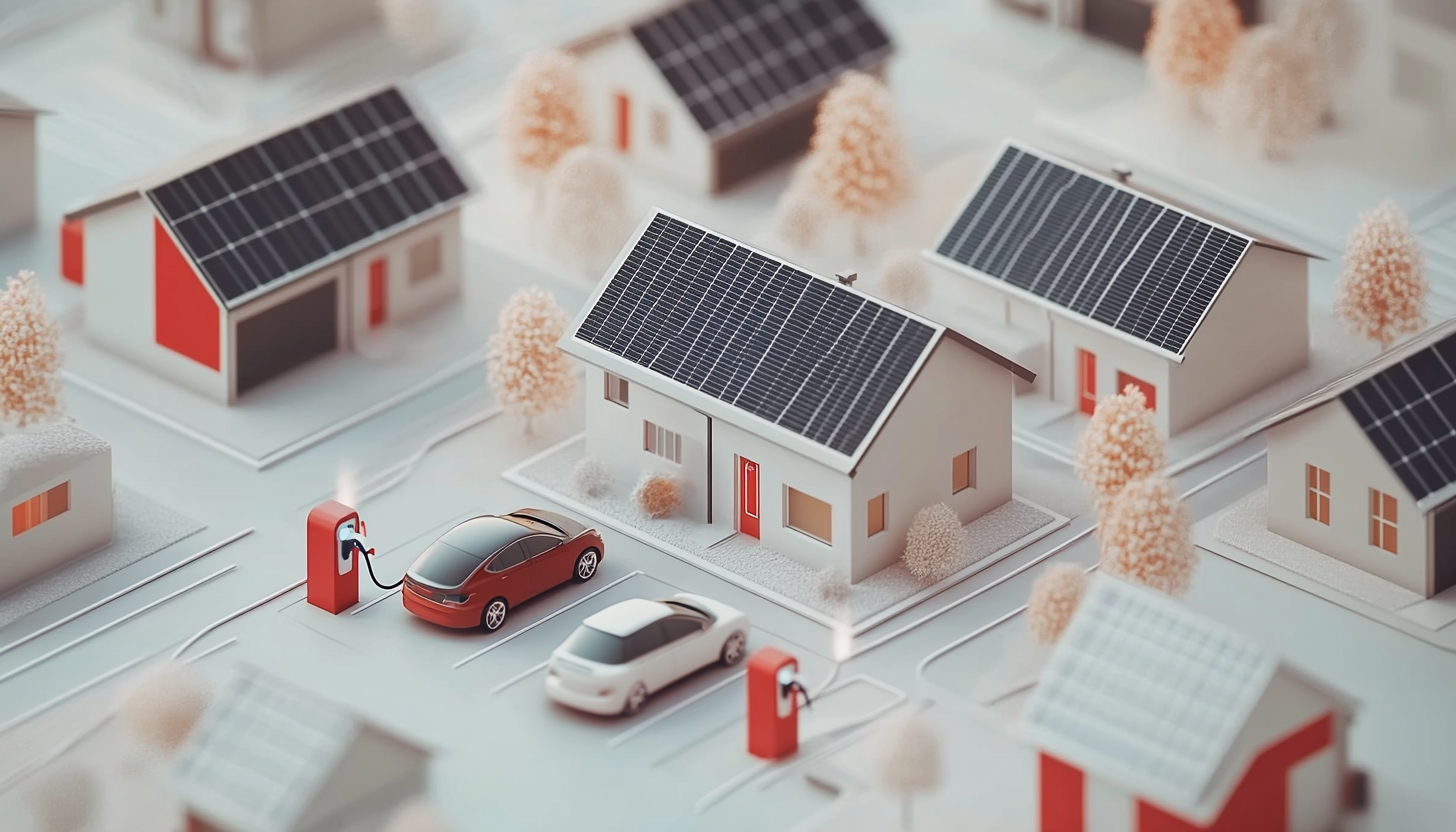
If you are not redirected within 30 seconds, please click here to continue.
Samedi: 10h – 16h HAE

If you are not redirected within 30 seconds, please click here to continue.
If you are not redirected within 30 seconds, please click here to continue.
11 car maintenance tips to keep your vehicle in top shape this spring

Table of Contents
This article has been updated from a previous version.
The cold, unforgiving Canadian winter can wreak havoc on your vehicle, as can all the road salt that coats your car’s exterior and engine.
As spring emerges and the snow and ice melt away, it’s time to do a little preemptive maintenance on your vehicle to help its performance and avoid more costly repairs that could arise later.
Here are 11 spring car maintenance tips to keep your car in tip-top shape.
1. Change your oil and oil filter
Your vehicle requires an oil and oil filter change periodically throughout the year to keep it running efficiently. How often depends on your specific vehicle and the amount you drive. Oil changes are necessary to reduce excess dirt and sludge that may build up inside the engine.
2. Replenish engine fluids
Your vehicle has several types of fluids to keep it operating, such as transmission fluid, radiator fluid, power steering and brake fluids, and windshield washer fluid. It’s wise to check these levels periodically and top them up or have them flushed and replaced as per your owner’s manual when required.
3. Replace the wiper blades
At least twice a year, get new windshield wiper blades. As a rule of thumb, whenever you swap your all-season tires for winter tires, replace the wiper blades, too. That way, you always have a clear view of the road in any season.
4. Check the battery
Let’s face it: winter is hard on all parts of your car. It can be particularly tough on your vehicle’s battery. Most car batteries last for up to five years. Peek at yours. If you spot corrosion around the battery’s connection points or see cracks on the top or side of it, that may be a clue it’s time to swap it out for a new one.
5. Fix cracks in the windshield
Chips or cracks in your windshield can lead to more significant issues if you neglect to get them repaired. A cracked windshield might compromise your vehicle’s structural integrity, and it can obstruct your view of the road, especially if it spreads. Moreover, a police officer may ticket you for having a cracked windshield, which includes a fine of $85 in Ontario and up to $500 in Alberta.
6. Check the brakes
Winter driving conditions can damage your vehicle’s brakes, including pads, shoes, and rotors. Have a professional auto technician thoroughly inspect your braking system to clean out the grit and grime and ensure no parts need replacing. The last thing you want is faulty brakes that lead to a collision.
7. Lubricate the engine’s chassis parts
Unless you’re a do-it-yourself mechanic who enjoys tinkering with a vehicle, has the tools, and understands the safety procedures involved, you might want to see a professional auto technician about lubricating your engine’s chassis parts.
It also depends on your vehicle. There was a time when chassis lubrication was routinely done during an oil and filter change, but newer cars and trucks may not require it (see the vehicle owner’s manual to find out). Nevertheless, many components require lubrication, such as steering and universal joints.
8. Check engine belts and hoses
Sometimes you need to have the engine belts and hoses replaced on your vehicle. A leaky coolant hose can lead to an overheated engine. Say, for example, the belt that turns the water pump snaps, your car’s cooling system won’t work.
Eyeball belts and look for cracks or glazing, which can cause a belt to slip or crack. If you hear your engine making a high-pitched whine or squeal, it may be a sign of a worn belt that’s losing its tension.
9. Check air and fuel filters
A few filters in your vehicle require replacing now and again, such as the engine air filter, the air filter for the passenger cabin, and the fuel filter. Dirty air filters can reduce the air flowing through the engine and make it work harder, meaning it will burn more fuel.
A cabin air filter screens out pollen, dust, and other airborne debris inside the vehicle, and replacing it can help the vehicle’s occupants breathe easier. Meanwhile, a dirty fuel filter will reduce fuel efficiency, and it won’t protect the vehicle’s fuel pump and injectors. In general, vehicle owners should replace the fuel filter annually.
10. Check your tire pressure
Depending on where you live, you may no longer need winter tires on your vehicle. For instance, Quebec drivers must install winter tires from December 15 to March 15. However, in other provinces, insurance companies may provide alternative guidelines, with some recommending winter tires from November up until the end of April.
Check your vehicle’s tire pressure regularly and ensure each tire is inflated to the level listed in your owner’s manual. Overinflated or underinflated tires can cause you to burn more fuel or lead to reduced traction when you drive.
11. Make sure exterior lights are working
Flick on your vehicle’s lighting system, walk around your car, and make sure there are no burnt-out headlights, signal lights, reverse or brake lights. If there are, get them replaced as soon as possible.
Not only will regular maintenance help keep your vehicle roadworthy and extend its lifespan, but it can also help you avoid breakdowns, or worse, a collision.
Treat your wheels with care to avoid such risks. It’s one way to avoid filing a claim that can possibly affect your car insurance premium at renewal.
Don't waste time calling around for auto insurance
Use RATESDOTCA to shop around, and compare multiple quotes at the same time.
Get money-saving tips in your inbox.
Stay on top of personal finance tips from our money experts!









